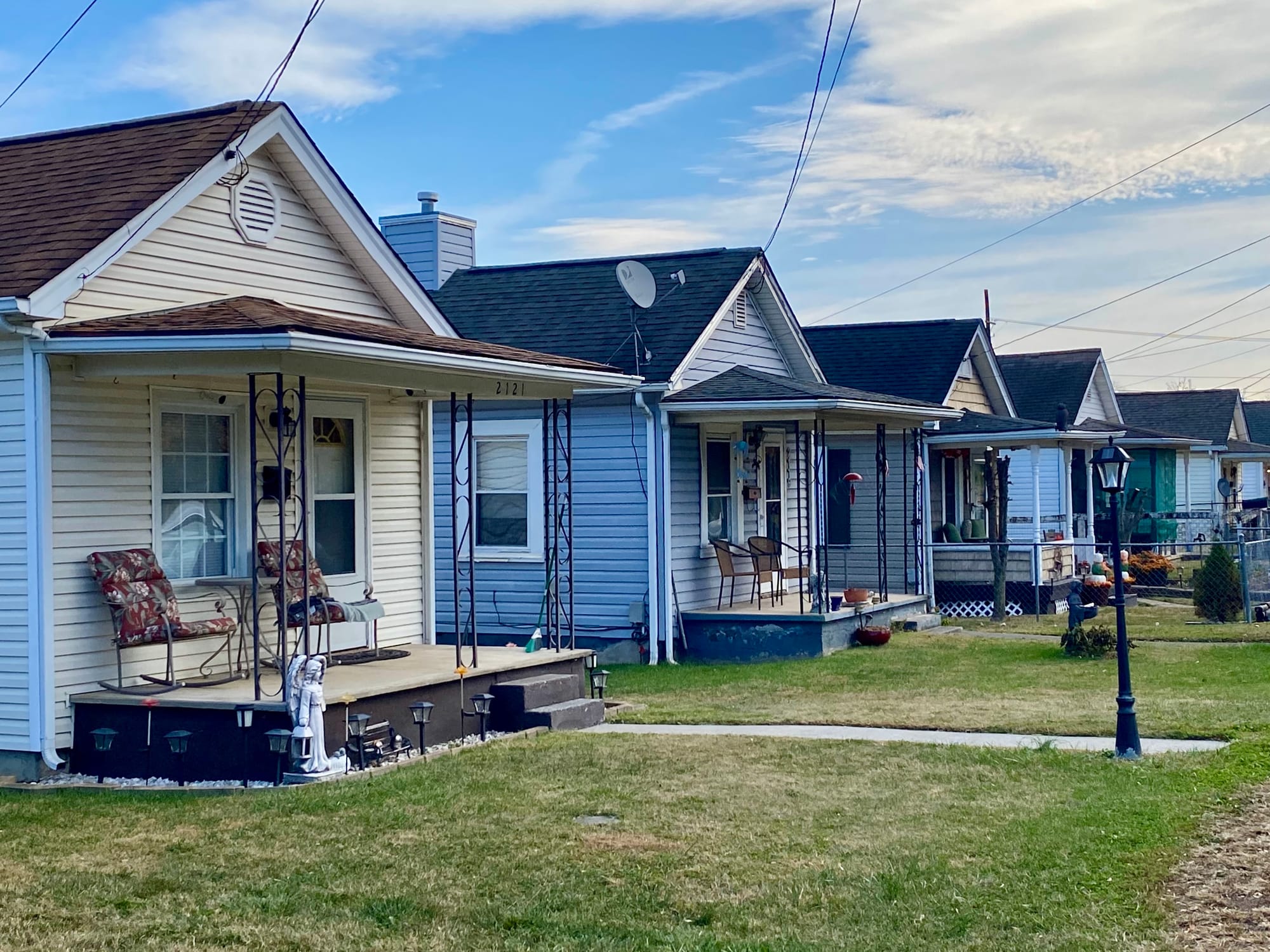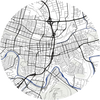Ramblings: Roanoke's Norwich Neighborhood Named Historic; City Seeks Input on Williamson Road; Housing Fund Gets Boost
What are Ramblings? Ramblings are a collection of short items that have caught our attention for one reason or another.
What are Ramblings? Ramblings are a collection of short items that have caught our attention for one reason or another. We’re on the lookout for tidbits related to money in politics, data, business, civic engagement or interesting events. Think you know of something that could be a Rambling? Drop us a line at editor@roanokerambler.com and we may well write about it. Happy reading!

Norwich neighborhood listed as historic
Roanoke’s Norwich neighborhood is now recognized as a historic Virginia site.
The 55-acre area in Southwest Roanoke once produced thousands of pounds of thread daily, with cotton mills employing child laborers documented by the renowned photographer Lewis Hines.
City officials first floated the idea of adding Norwich to the National Register of Historic Places back in November, when a community meeting prompted both enthusiasm and skepticism among some residents over the future of the quiet, close-knit neighborhood.
Last week, the Virginia Department of Historic Resources announced Norwich was among 12 sites statewide to be listed to the Virginia Landmarks Register. The agency will forward the nomination along to the national register.
Such an honorary status means property owners can take advantage of tax credits to renovate their homes or businesses.
Hugging the south bank of the Roanoke River, manufacturing plants including the Norwich Lock Company, Norwich Twine Mill, and the Harris Hardwood Company thrived until the mid-20th century, when they “succumbed to floods and fire,” in the words of a city report.
Founded by the Roanoke Development Company in 1890, the mostly residential neighborhood includes several shotgun-style homes originally built for workers.
Roanoke's other residential neighborhoods that are listed on the national register include Belmont, Gainsboro, Melrose-Rugby, Riverland, Wasena and an area encompassing Old Southwest, Mountain View and Hurt Park.
City seeks Williamson Road feedback
The city wants resident feedback on the much-debated future of Williamson Road.
The Northeast corridor is one of the deadliest for pedestrians, according to city data.
Officials have long favored switching the four lanes of speeding cars to two lanes, a center turn lane and bike lanes on either side. Some business owners and residents, however, decry plans for such a “road diet” and insist the city should explore other options.
A city survey, which is open through July 31, asks residents how they navigate the street and what sort of changes — such as sidewalk repair or bus shelters — are most needed.
City leaders have been meeting for months with nearby residents and businesses to forge some sort of consensus on how to redevelop the roadway.
Called “Envision Williamson Road,” the project is aimed at “creating a safer, friendlier, and more opportunity-rich Williamson Road for everyone in our community,” the city said in a press release. Planning is expected to last through next year.
Affordable housing fund gets boost
A Roanoke economic development agency accustomed to sprucing up business facades is trying to spur more affordable housing.
The Roanoke Economic Development Authority has added $225,000 to the city’s $2 million workforce housing fund, which provides low-interest loans to developers. Traditionally, the EDA has focused on providing small grants for business beautification and on issuing loans on the city’s behalf, such as for the Riverdale project.
“We believe that housing for everyone is a crucial component of economic development,” Braxton Naff, the authority chairman, said in a statement. “A community cannot attract companies and workers if there is insufficient housing stock available.”
Roanoke in December formed the affordable housing fund with pandemic relief money.
That money is supposed to fund projects that provide housing for residents who make 60 percent or less of the area median income, or about $38,400 for a single person.
Housing units must remain affordable — defined as costing no more than 30 percent of a lower-income person’s monthly pay — for 20 years, and at least 20 percent of units must be affordable to qualify for the loan.
Curtis Thompson, who oversees the fund through Business Seed Capital, said the agency last month approved its first loan, worth $1 million, for a project consisting of 32 apartments in the former Belmont Baptist Church on 9th Street Southeast.

